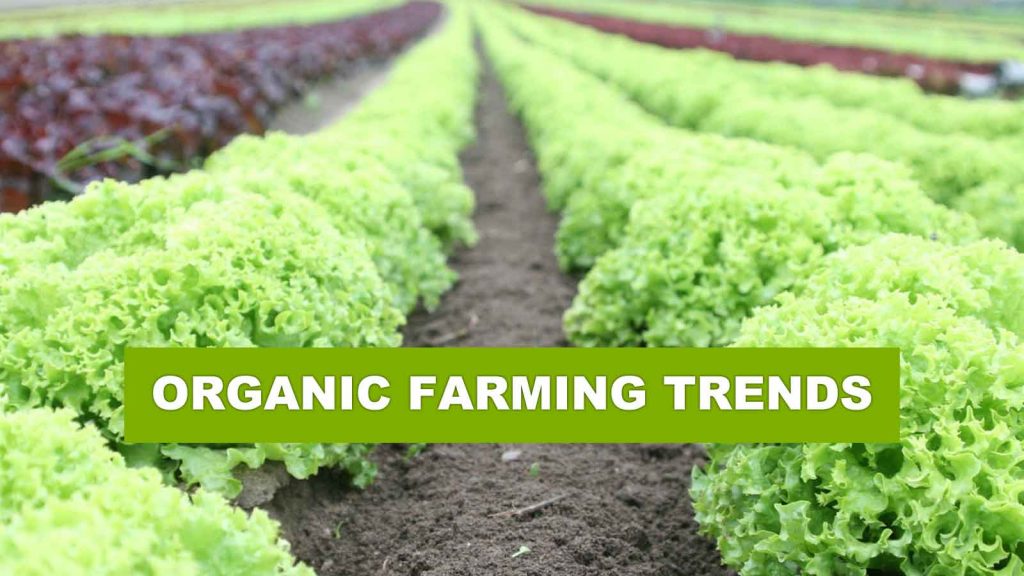
We need to ask ourselves how organic farming is evolving into farming practices, both in the Australia and globally. How is it evolving into farming practices today?
The answer is growing. Organic farming has been around since the early 1920s, when the organic farm was first started in Britain. The first organic farm, which has been published in the Green Farming Network’s 2015 report Organic Farming: How Will It Change The World?
A rise in the indoor vertical farming approach is another trend that has been observed. Indoor vertical farming is the practice of growing crops by stacking them one over the other in a closed and controlled environment. Indoor vertical farming is becoming centre stage because it is a sustainable farming method. It minimizes the area required for growing the plants while reducing labour costs. Vertical farms use 70% of water compared to traditional methods.
Underground spaces have been found to be conducive for growing organic crops such as microgreens. Temperature controlled underground farming is becoming increasingly popular because it protects the crops from the impacts of unpredictable weather. Besides this method also uses minimal space and resources.
Hydroponics is growing crops without soil. The roots grow in water or moist air. Although this method of growing organic plants has been around for some time, however in recent years, adoption of this method is gaining momentum. This is because of the benefits it offers such as better yield, faster growth of crops while using less space for the growth of plants. In fact, hydroponic farming is now being automated with the help of computers and timers.
Organic farming methods are being widely adopted globally not only because they offer healthy food options but also because they support sustainability. A look at the global trends in organic farming indicates that it has a promising future.
Hemp, or industrial hemp, is a botanical class of Cannabis sativa cultivars grown specifically for industrial or medicinal use. It can be used to make a wide range of products. Along with bamboo, hemp is among the fastest growing plants on Earth. It was also one of the first plants to be spun into usable fibre 50,000 years ago. It can be refined into a variety of commercial items, including paper, rope, textiles, clothing, biodegradable plastics, paint, insulation, biofuel, food, and animal feed.
Commercial or trial hemp crops are grown in all states in Australia. Most Australian commercial production is in Tasmania. In the 2019-20 growing season, approximately 1600 hectares was planted in Tasmania, with a farm gate value of $4.5 million. This compares to 280 hectares planted in Western Australia and 200 hectares in Victoria. Tasmania was the first state to permit hemp cultivation. Tasmanian hemp growers have also developed seed varieties suited to the Tasmanian climate.
